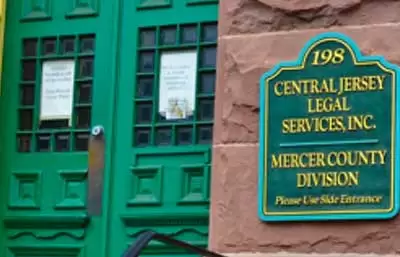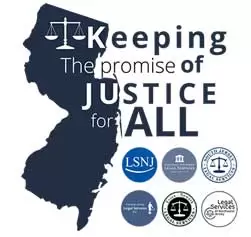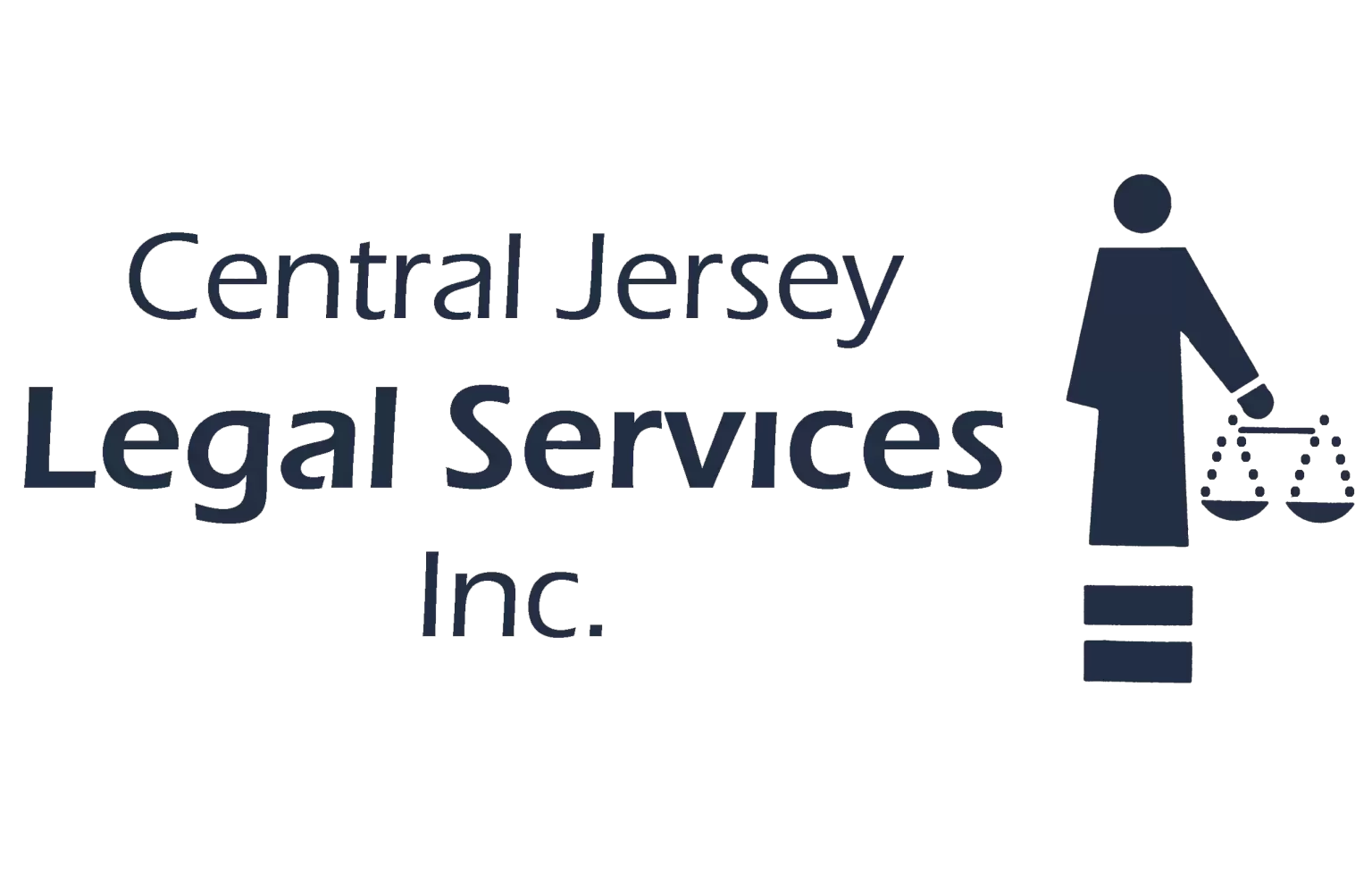A temporary restraining order (TRO) is a civil order that offers legal help for victims of domestic violence. A judge can issue an order that requires the abuser to stay away from you. The TRO can also provide other types of civil relief.
You are eligible to apply for a TRO if you are a person of any age who was subject to domestic violence by a person with whom you have engaged in a dating relationship or with whom you have, or expect, a child. Also if you over 18 years of age you can file for a TRO if you have been subject to domestic violence by a spouse, former spouse, or a present or former household member. The Defendant named in the TRO must be at least 18 years of age.
You can apply for a TRO at the county courthouse or municipality where the violence occurred, where you live, where you are temporarily sheltered, or where the abuser lives. In order to apply for a TRO you should appear in person at a local family county courthouse during normal business hours. If an emergency occurs outside of normal business hours, you can apply in person at a local police department at all other times. TRO applications are not accepted online, by telephone or on any social media platform.
As part of your application you must state at least one specific act of domestic violence that the defendant recently committed against you. There are 19 different criminal acts the court can consider as acts of domestic violence to support a TRO. The most commonly used crimes for this purpose are assault, harassment, terroristic threats, stalking and criminal mischief.
The application also requires you to list acts of domestic violence that have occurred against you in the past. Be detailed and complete in your list of the current and past acts of domestic violence. At the final hearing on the TRO, the court cannot allow you to testify about facts that have not been mentioned to the Defendant in writing in the TRO. If, for some reason, your TRO did not list the acts of domestic violence you wish to testify about at your final hearing you may add information to your TRO. This is called “amending” the TRO. To amend your TRO after it is signed by the court, go the family court in the court where the case in listed and ask to talk to somebody in the domestic violence unit. The family court staff will help you add information about the domestic violence or correct any errors or omissions you may have spotted in your TRO.
Once issued by the court the TRO will provide that the named Defendant can have no contact with you. You can also ask the court to provide other relief in the TRO. That relief is most typically things like seizure of weapons such as guns and knives owned or accessible to the Defendant, temporary financial support for you or children in common, preventing contact with your friends or family members who have also been effected by the domestic violence, temporary possession of a shared residence, temporary orders regarding custody and visitation of children, temporary possession of cars, documents or other objects you might urgently need.
Once a TRO is issued, a hearing must be scheduled for a trial in the Family Court within 10 days. The local police in the town where the abuser lives will give him or her copy of the TRO. This is called “service.” The order will require you and the abuser to appear in court on the day and time shown on the fourth page of your TRO.
At the final hearing both you and the Defendant will attend and give testimony. Each party will present testimony one at a time and each party will be given a chance to “cross examine” the other party by asking the person testifying questions about his/her testimony. Either party can present other witnesses who know details about the events that gave rise to the TRO. Both parties can present any evidence they believe is relevant to the court when giving testimony. Pictures of injuries or property damage, copies of text messages or social media posts and videos of the underlying event are the most common type of evidence provided by litigants to the court. Photos and written documents must be printed out. Videos must be loaded on to a thumb drive to allow the court to keep a copy. None of those items can be present to the court in your personal phone.
After everyone has testified the Judge will decide if domestic violence occurred on the date and time alleged in the TRO according to the legal definition of each crime as outlined in the New Jersey Statutes and if the victim needs protection from future acts of domestic violence. If the Judge finds both of those items are proven after considering both parties testimony and evidence, a Final Restraining Order (FRO) is entered. If the Judge finds that one or both ar not proven, the TRO is dismissed and all protections are eliminated. If an FRO is entered the Judge can enter orders regarding custody, visitation and support of children, financial support of a victim and possession of items such as a share residence or vehicle. The judge can also consider requests for reimbursement for medical or personal costs and request for damages to the victim due to the abuse.
Once entered an FRO in New Jersey stays in effect unless dismissed by the victim. There are no expiration dates in New Jersey on FROs. A court at a later date can entertain a request for dismissal of a FRO by the Defendant but there is a very high burden for success on such an application.



















